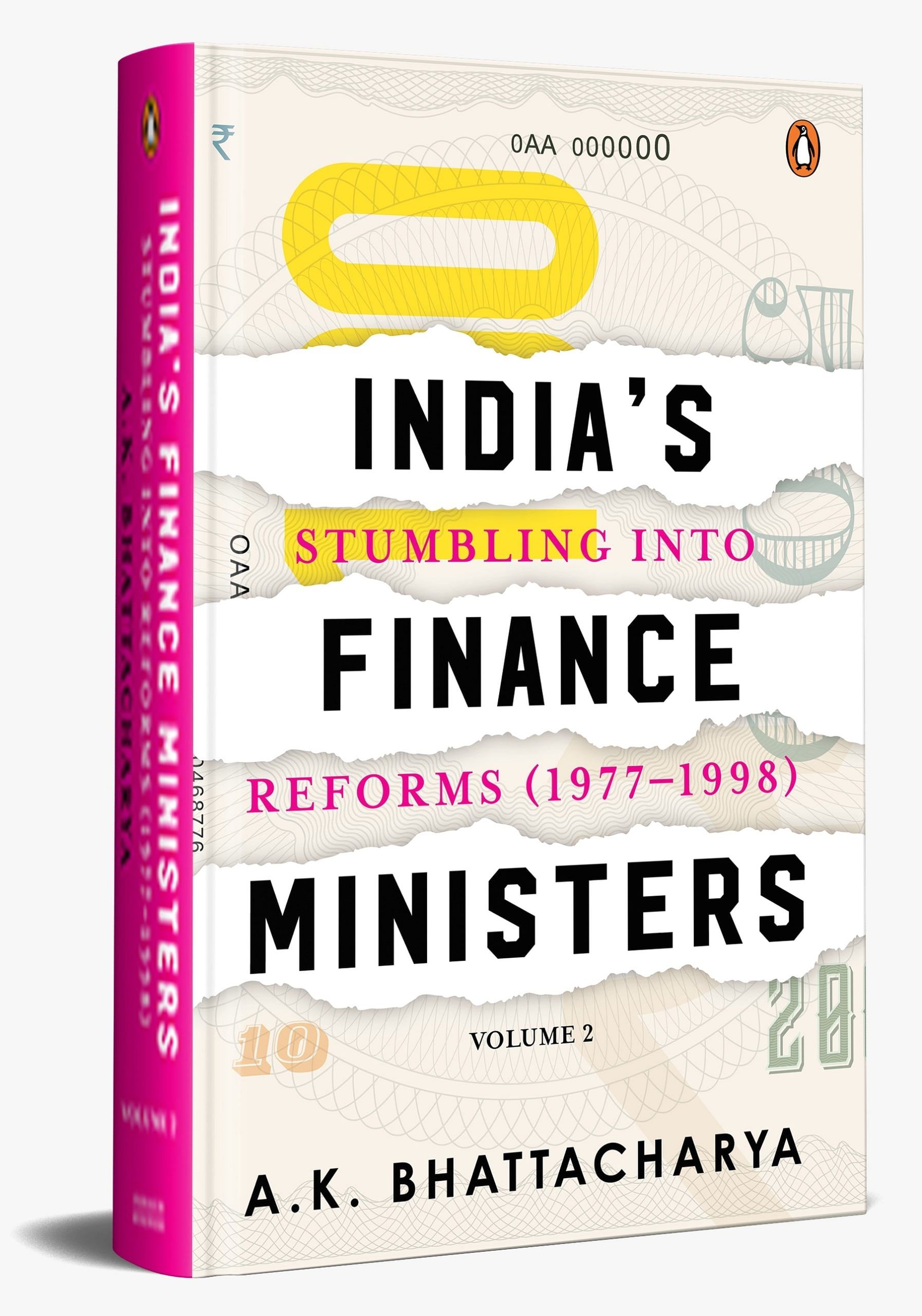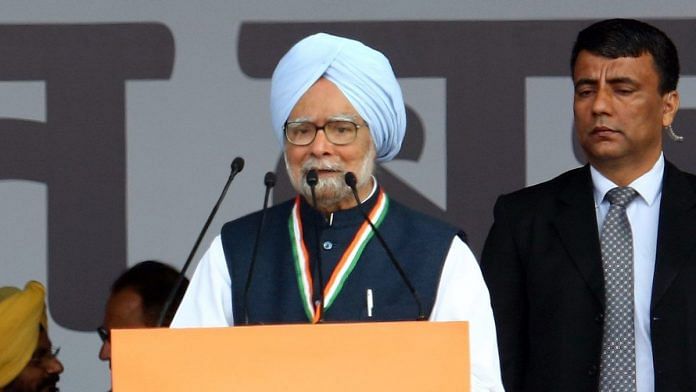The story behind the appointment of Manmohan Singh as the next finance minister is quite dramatic. Singh had returned to India after completing his assignment as Secretary General of the South Commission in 1990. He was to be part of the top economic policy team of the V.P. Singh government. The prime minister had asked Singh to chair his Economic Advisory Council. Singh accepted the offer, but by the time he got back to India, the V.P. Singh government had fallen and Chandra Shekhar had succeeded him as the next prime minister, heading a government with the support of the Rajiv Gandhi-led Congress. Given Singh’s long and distinguished career as an academic and as an economic administrator in the government, as well as in the RBI, Chandra Shekhar appointed him as an Economic Adviser in the prime minister’s office. And in 1991, around the time the Chandra Shekhar government resigned, Singh was appointed as chairman of the University Grants Commission (UGC) to fill a vacancy caused by the completion of Prof. Yashpal’s five-year tenure.
It is not that Singh was desperate to get a job on his return from Geneva, where he had completed his tenure as Secretary General and Commissioner at the South Commission. At fifty-eight, Singh was being wooed by Panjab University, from where he had completed his master’s in economics many years ago and where he had also taught as a young lecturer. Panjab University wanted to sweeten the offer made to Singh by giving him a tenure of seven years so that he could continue in the job till he was at least sixty-five. This was because the retirement age for professors at Delhi University, which too was trying to hire Singh at the time, was sixty-five. However, the policy-making body at Panjab University could not decide on whether it would make an exception by giving Singh a seven-year tenure up to his attainment of the age of sixty-five when the retirement age for teachers there was sixty. But before Panjab University could make up its mind, Singh was wooed by the Chandra Shekhar government and appointed as Economic Adviser initially, and later in 1991 as chairman of the UGC.
Singh’s stint at the UGC was also a short one. Even as the state of the Indian economy was deteriorating rapidly and the Congress was readying to form a minority government with P.V. Narasimha Rao as the prime minister, Singh was working quietly as chairman of the UGC at its headquarters on Bahadur Shah Zafar Marg, a few kilometres from Raisina Hill where confabulations between Rao and senior Congress advisers were going on to decide who should be the next finance minister to steer the Indian economy out of the unprecedented crisis it was in, caused by fiscal indiscipline and a rapidly worsening imbalance on the external account. The broad consensus was that the next finance minister had to be a professional economist.
The original choice was former RBI Governor I.G. Patel. However, Patel was not keen on the job. Why Patel declined the offer was a mystery. Many years later, Patel told Sanjaya Baru (who between May 2004 and August 2008 was the media adviser to Prime Minister Manmohan Singh) that he had desired to lead a quiet and retired life in Vadodara, where he had built a home after his long sojourns in New Delhi and abroad. ‘I did not want to be seduced back to Delhi,’ Patel told Baru.
That narrowed the choice to Manmohan Singh. A day before the swearing-in ceremony, P.C. Alexander, who was Principal Secretary to Rajiv Gandhi when he was the prime minister, was asked by Rao to get in touch with Singh and request him to consider becoming the finance minister. Singh had just returned from the Netherlands late at night on 20 June 1991 and was asleep when that call came.3 Alexander told Singh that he would like to meet him urgently and dropped by Singh’s residence to communicate the message from Rao, who by then had been elected as the leader of the Congress legislature party. Singh did not believe Alexander, and in the normal course the next morning, left for his office at UGC. That was the day the swearing-in ceremony was to be held.
There was a frantic search for Singh on 21 June. Even Rao telephoned him to ask if Alexander had approached him with the offer and whether he was coming over to Ashoka Hall at Rashtrapati Bhawan to be sworn in as the next finance minister.4 An incredulous Singh confessed to Rao that he had not been sure about the seriousness of the offer. He was then advised to go home, get dressed and attend the swearing-in ceremony. Most people present at Ashoka Hall were surprised to see Singh dressed up and occupying one of the chairs in the front row at the ceremony. The Ministry of Finance was not allocated to Singh at the ceremony. But after the swearing-in function, Rao asked Singh to operate from the North Block office of the finance minister. That was on the same day, 21 June 1991. The Ministry of Finance was allocated to Singh later, through a communiqué issued by the Cabinet Secretariat. The rest is history.
 This excerpt from India’s Finance Ministers: Stumbling into Reforms (1977 to 1998) by AK Bhattacharya has been published with permission from Penguin Random House India.
This excerpt from India’s Finance Ministers: Stumbling into Reforms (1977 to 1998) by AK Bhattacharya has been published with permission from Penguin Random House India.



